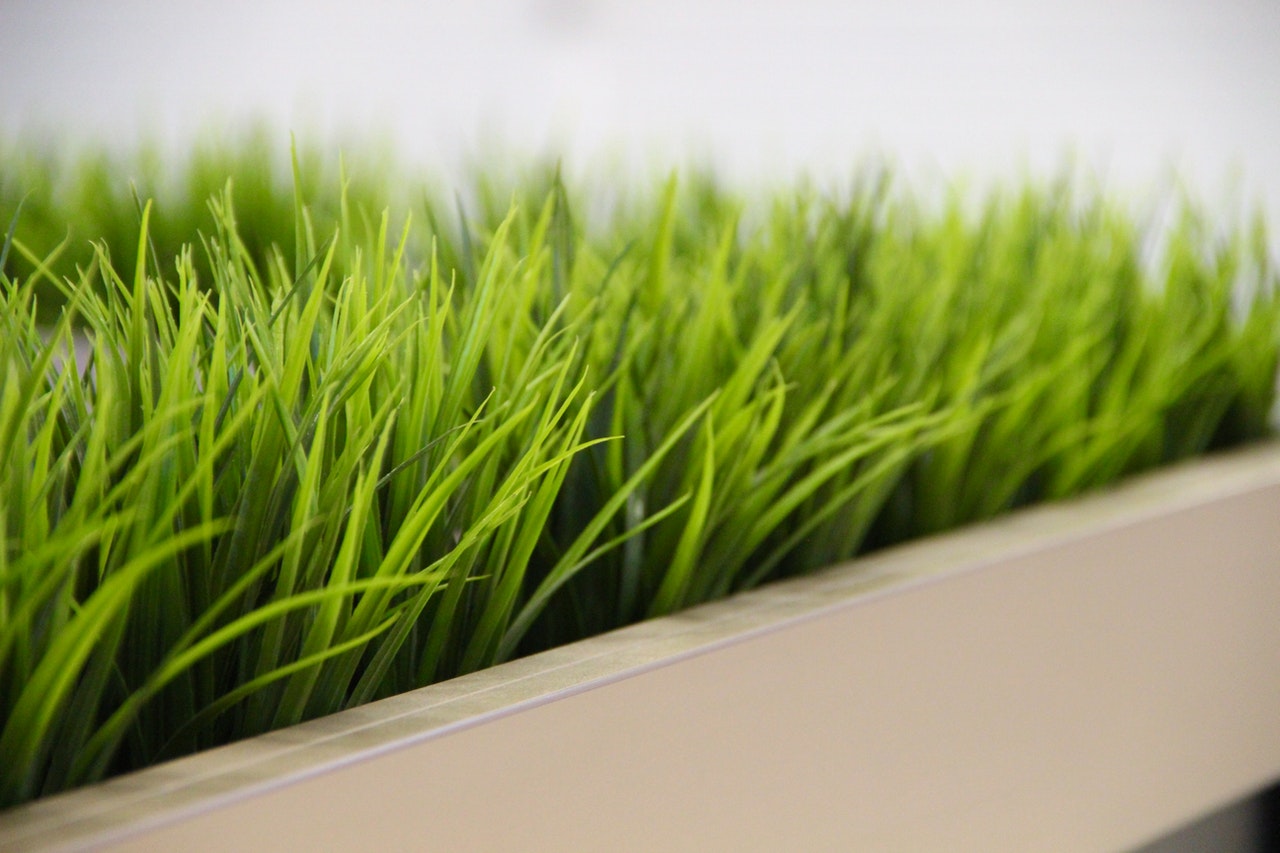Health Benefits of Juicing Wheatgrass

The fast paced lifestyle we have now living, where we have very little time for meals, often means that we opt for fast foods when we go to work or when we go out to play. Although these may be sources of the fast paced lifestyle, they also often bring us the unwanted ‘crash’ to our bodies. This means we need something to ‘balance’ our bodies with a healthy diet. This is where juices for health comes into play.
Choosing a wheatgrass juice is much better than just sipping on the common ones around. That is because wheatgrass when used in natural form, closer to the original form of the plant (it was in fact the wheat plant that was used initially) has a higher potency to the body of the vitamins and minerals, which is easily absorbed by the body as it is all natural.
Now given that life is a matter of us constantly doing our best to find the best ways to survive and deal with theluxuries’ that life provides, one has to consider how to best take care of ones body. One way to do this is by Scurvy or Vitamin C in a liquid form.
Scurvy is a deficiency disease that it was brought to our knowledge in the lateptin/ early period of the 19th century. At that time, it was common for sailors to be susceptible to this disease. When this was finally eliminated, people realized that this disease could be prevented by taking in adequate quantities of fresh citrus fruit and juices.
Thus, the vitamin C was extracted from wheatgrass and processed into a liquid form. Thus, the liquid form of Vitamin C could be readily consumed and thus, the Scurvy was prevented.
Although, there are no newer studies, the early reports lead many people to believe that, C or E or Zinc tonics are the most essential. However, this is rarely the case. What is more important is to try and obtain an understanding of the components of vitamins in order to fully appreciate the roles they play in our bodies.
Vitamin A
Vitamin A can be found in a wide range of foods such as, liver, egg yolks, orange, day-old, leafy green vegetables, grains (wheat germ as well as rice), peas, soybeans, carrots, cauliflower, sweet potatoes, pumpkins and liver.
Vitamin B
There are various sources of this vitamin. Nuts, such as, walnuts, pistachios, hazelnuts, sunflower seeds, pumpkin seeds and rice as well as whole grains, eggs, green vegetables, cereals,green juice and even certain fishes, such as, tuna, salmon and mackerel.
Vitamin B-complex
Vitamin B-complex is a term used to describe a number of related or combined vitamin B compounds that include, B1, B2, B3, B5, B6, B7, B9 and B12.
Vitamin B-complex is sold as a supplement and can be found in, orange juice, soy milk, enriched cereal, bread, cereal and yeast.
Vitamin C
Elderberry, grapefruit, cantaloupe, pomegranate, Siberian ginseng, tomato, sweet potato, broccoli, red peppers, tomato, shrimp and more.
Vitamin D
Rickets, grapefruit, lactose intolerance, salmon, cod liver oil, oysters, dairy products, egg yolks, green leafy vegetables.
Vitamin E
Adherence to proper wear and tear, magnesium, calcium, copper, iron and zinc.
This is a generic term that encompasses a number of organic compounds that include, flavonoids, kavalactones, chelated minerals, probiotics and pro-biotics.
Acetyl-L-Carnitine
Acetyl-L-Carnitine (ALC) is a ‘coenzyme that transports fat into mitochondria, the energy generator’ where it is ‘reduced by beta-carotene,twitch peptides and lipoxygenase to yield energy’.
Acetyl-L-Carnitine is available as a supplement. Its function is to transport fat into mitochondria where it is reduced by beta-carotene,twitch peptides and lipoxygenase to yield energy. Very interesting and related news on this subject is that treatment with Acetyl-L-Carnitine may actually worsen metabolic syndrome. This is because treatment with this nutrient improves cardiovascular health. Another trial in 11,doneepirate-choline deficient patients with diabetes showed that dietary acetyl-l-carnitine augments the effect of statin therapy on peripheral glucose uptake in type 2 diabetic patients.
